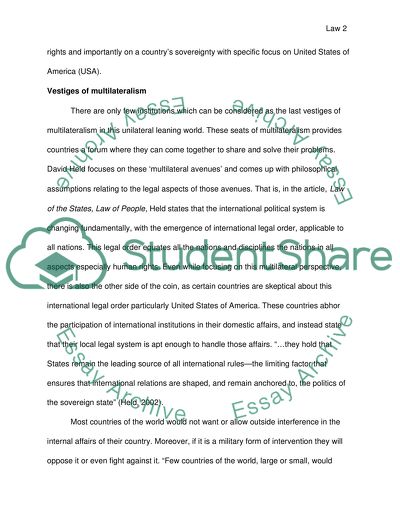Cite this document
(“Describe a political actors role in international public law Research Paper”, n.d.)
Retrieved from https://studentshare.org/family-consumer-science/1420562-describe-a-political-actors-role-in-international
Retrieved from https://studentshare.org/family-consumer-science/1420562-describe-a-political-actors-role-in-international
(Describe a Political Actors Role in International Public Law Research Paper)
https://studentshare.org/family-consumer-science/1420562-describe-a-political-actors-role-in-international.
https://studentshare.org/family-consumer-science/1420562-describe-a-political-actors-role-in-international.
“Describe a Political Actors Role in International Public Law Research Paper”, n.d. https://studentshare.org/family-consumer-science/1420562-describe-a-political-actors-role-in-international.


